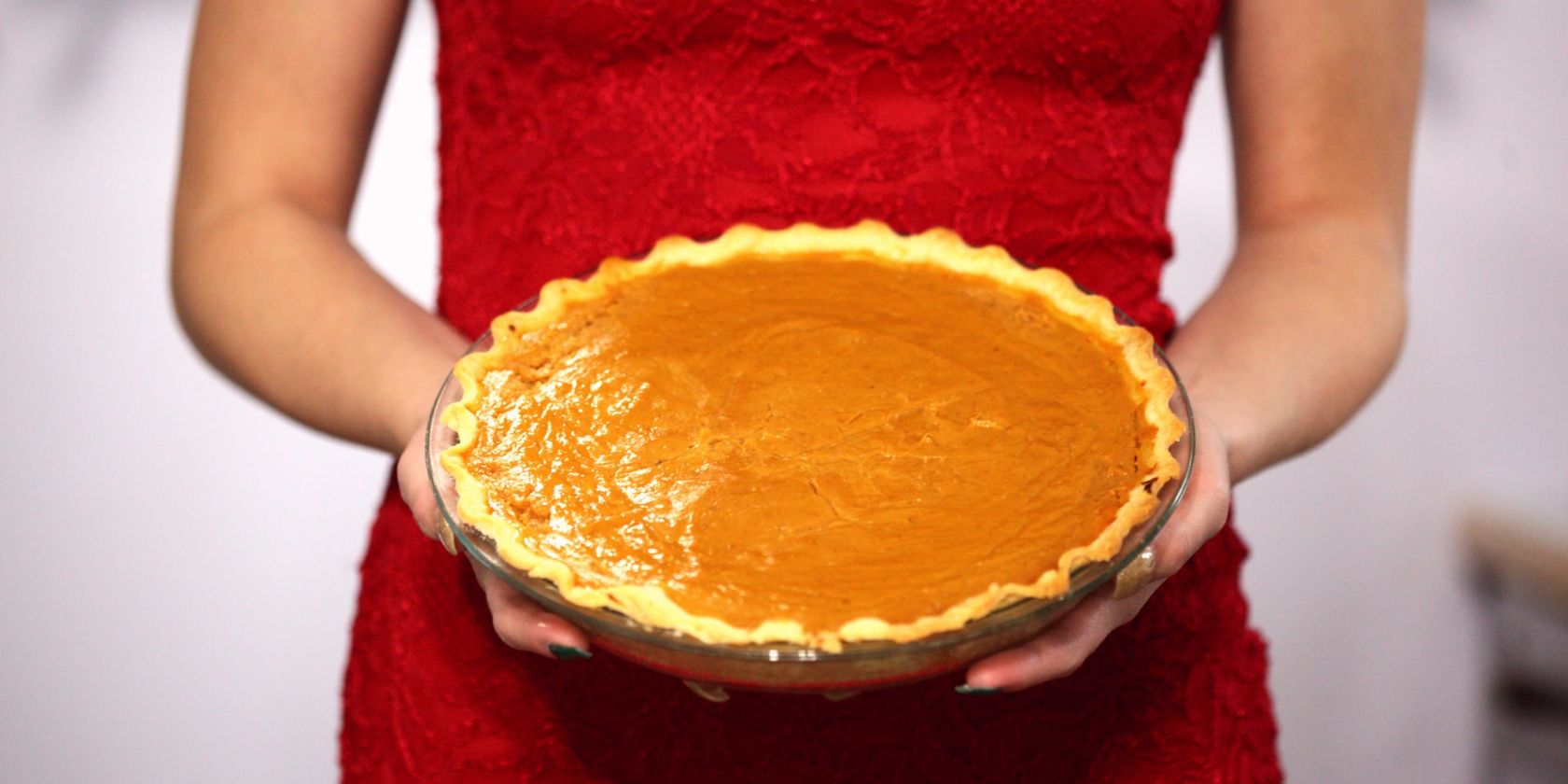The Raspberry Pi is a staple in the toolbox of electronics tinkerers everywhere. But supply issues have meant that they're in short supply, and you're likely to pay a premium when you do find one. Raspberry Pi isn't the only cheap single-board computer out there, however: if you open yourself to alternatives, you'll find a cornucopia of fruit and veg themed hardware for under $50.
Bear in mind that the issues affecting the Raspberry Pi supply chain also caused problems for other manufacturers and retailers. In some cases, these alternatives are being sold at above their original price point.
1. Orange Pi Zero2
The Orange Pi Zero2 was originally announced in 2019, and came to market in 2020. As its name indicates, the Orange Pi Zero2 was pitched against the better known Raspberry Pi Zero W.
Despite the absence of a "W" suffix, the Orange Pi Zero2 comes with impressive connectivity options, including Gigabit Ethernet, Wi-Fi, Bluetooth, with signal strength on the latter two boosted by a movable antenna.
The Orange Pi Zero2 also boasts impressive specs for such a tiny board, with an Allwinner H616 SoC featuring a quad-core Cortex-A53 processor and integrated Mali G31 graphics.
You can put the chip to good use, thanks to micro-HDMI port which allows you show your output on monitors and TVs, and with the 13-pin function interface, you can connect earphones, additional USB devices, TV-out, and IR receivers. The Orange Pi Zero2 is powered by USB Type-C and has a single full-size USB 2.0 port.
As far as operating systems are concerned, you have a choice of Android 10, along with recent Debian and Ubuntu builds.
Originally priced at $16 for the 512MB RAM variant, you can expect to pay around $36 for the 1GB model on Amazon.
2. Libre Computer Le Potato
Named with a none too subtle nod towards offbeat social media memes, Le Potato from Libre Computer is also known as AML-S905X-CC, which isn't quite as catchy.
Le Potato is an impressive board, and comes with an Amlogic S905X SoC with a 64-bit quad-core ARM Cortex-A53 clocked at 1.512GHz, putting it more-or-less on a par with the Raspberry Pi 3B+.
Libre Computer's flagship board offers four full-sized USB 2.0 ports, a 40-pin GPIO header, and HDMI 2.0. This will come in especially handy as Le Potato boasts 4K HDR support, 1080p@60fps with OpenGL ES 1.1, 2.0 graphics.
The Libre Computer Le Potato is available in either a 1GB or 2GB variant, both of which are currently selling at the original price point ($30 or $35) on Amazon.
3. Libre Computer La Frite
A smaller version of Le Potato, La Frite is a chip off the old block, although its designated model name, AML-S805X-AC, gives away its lower specs. As with the previous two items on this list, La Frite is powered by a 64-bit quad-core ARM Cortex-A53.
La Frite has the same form factor as the Raspberry Pi Model A series, and features two full-sized USB 2.0 ports, 40-pin GPIO, 100Mb Ethernet, and a connector for eMMC storage.
There's also a built-in IR receiver, so you can operate La Frite from the other side of the room when you play 1080p movies using its Mali 450 GPU through the HDMI 2.0 video output.
Power-wise, you'll have to dig an old micro USB cable from the back of your cable drawer, and you will also need to purchase an eMMC device separately.
You can buy the 1 GB version of Libre Computer La Frite from LoverPi.com for $25.
4. Banana Pi M2 Zero
You'd be forgiven for mistaking the Banana Pi M2 Zero for an original Raspberry Pi Zero or Zero 2 W at first glance. They're the same form factor and, unless you look closely, it's hard to tell the difference.
The 512MB Banana Pi M2 Zero, however, is equipped with a quad-core CPU clocked at 1.2GHz, and a Mali-400 MP2 GPU, putting it ahead of the Raspberry Pi Zero 2 W, and vastly outclassing the Zero—albeit at the risk of overheating.
As far as software is concerned, there is currently Ubuntu support for the board, as well as an unofficial Armbian build. To connect to Wi-Fi, you'll need to use an antenna—which will give you exceptional reception.
One advantage of the Banana Pi M2 Zero is that it has hardware power and reset keys on the board itself, so you'll be able to save wear and tear on your micro USB port when you want to kill the power.
You can grab a third-party Banana Pi M2 Zero for $39.99 on Amazon.
There Are Cheapish Raspberry Pi Alternatives Out There
These four Raspberry Pi alternatives should take the edge off your hunger until the silicon shortage eventually ends and Raspberry Pi production ramps up to meet demand.
If you have the patience, you could wait for the arrival of the more powerful Raspberry Pi 5.





